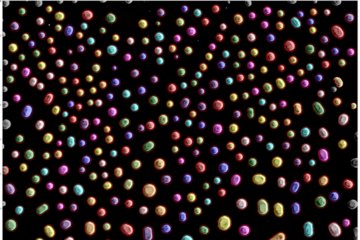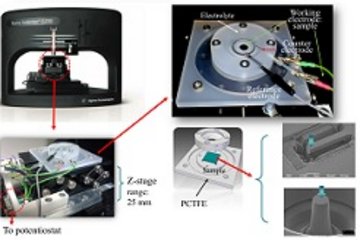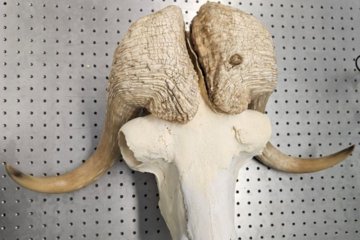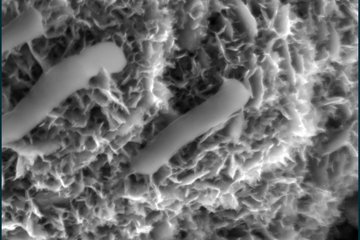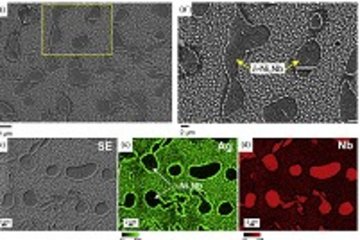All genres
201.
Talk
Automated uncertainty analysis and quantification for high-precision DFT calculations. Workshop "Precision Quantification in DFT", Louvaine-la-Neuve, Belgien (2019)
202.
Talk
Atomistic simulations of hydrogen-defect interactions in metals. Workshop "Hydrogen in Metals - current understanding and future needs", St Anne's College, Oxford, UK (2019)
203.
Talk
High-throughput optimization of finite temperature phase stabilities: Concepts and application. DPG Frühjahrstagung der Sektion Kondensierte Materie, Regensburg, Germany (2019)
204.
Talk
κ carbide microstructures and the role of interfaces in high-Mn lightweight steels. High-Mn Steel 2019, Aachen, Germany (2019)
205.
Talk
Modelling structural materials in realistic environments by ab initio thermodynamics. Hume-Rothery Award Symposium, TMS2019 Annual Meeting and Exhibition, San Antonio, TX, USA (2019)
206.
Talk
Application of Density Functional Theory in the Context of Phase Diagram Modelling. MSIT Winter School on Materials Chemistry, Castle Ringberg, Tegernsee (2019)
207.
Talk
Energetics of non-stoichiometric stacking faults in Fe–Nb alloys: An ab initio study. TMS 2019 Annual Meeting, San Antonio, TX, USA (2019)
208.
Talk
Exploiting large ab initio data spaces to design materials. Openning of Christian Doppler Laboratory for nanoscale phase transformations, Linz, Austria (2019)
209.
Talk
Exploration of large ab initio data spaces to design materials with superior mechanical properties. Physics and Theoretical Division Colloquium, Los Alamos, NM, USA (2019)
210.
Talk
Energetics of non-stoichiometric stacking faults in Fe–Nb alloys: An ab initio study. DPG-Frühjahrstagung 2018, Berlin, Germany (2018)
211.
Talk
Temperature-driven effects in functional materials: Ab initio insights. Talk at University Pierre and Marie CURIE (UPMC), Paris, France (2017)
212.
Talk
Impact of Magnetism on the Stability of Topologically Close-packed (TCP) Phases in Fe–Nb Alloys. Intermetallics 2017, Educational Center Kloster Banz, Bad Staffelstein, Germany (2017)
213.
Talk
Lattice dynamics in high entropy alloys: understanding the role of fluctuations. EUROMAT 2017, Thessaloniki, Greece (2017)
214.
Talk
Impact of magnetic fluctuations on phonons: a Green's function-based approach. MPIE-ICAMS workshop, Ebernburg, Germany (2017)
215.
Talk
Ab-initio investigation of the role of kappa carbide in upgrading Fe–Mn–Al–C alloy to the class of advanced high-strength steels. ArcelorMittal Global R&D Gent, Thessaloniki, Greece (2017)
216.
Talk
Finite temperature excitation mechanisms and their coupling in magnetic shape memory alloys. The Materials Research Centre (MRC), Indian Institute of Science (IISc), Bangalore, India (2017)
217.
Talk
Ab initio determination of phonon lifetimes up to the melting point. EMRS Spring 2017, Strasbourg, France (2017)
218.
Talk
Impact of doping on the magnetic and structural transformations in magnetocaloric materials. DPG Spring Meeting of the Condensed Matter Section, Dresden, Germany (2017)
219.
Talk
Ab initio modelling of phase diagrams in magnetic Heusler alloys: achievements and future challenges. SUSTech Global Scientists Forum, Shenzhen, China (2017)
220.
Talk
Ab-initio study of the interplay of hydrogen and microstructure in Ni-based superalloys. DPG 2017, Dresden, Germany (2017)




